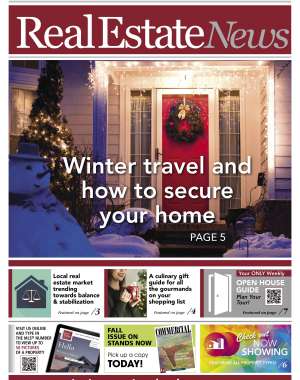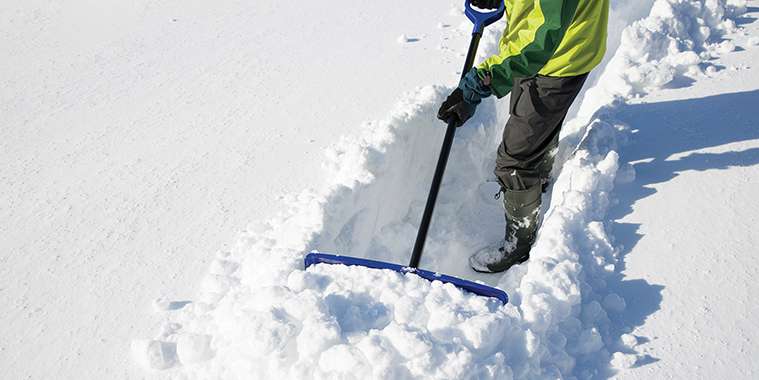A winter escape is a popular choice among many Canadians. With crossborder travel reopened, many snowbirds are eager to flock south again this winter. The Canadian Snowbird Association (CSA) estimated that 30% of Canada’s — more than one million snowbirds — vacationed for the winter in 2020/2021, and predicted that number increased to about 90% during the 2021/2022 season.
With so many Canadians journeying south and abroad in the upcoming months, some homes across the country are left unoccupied for extended periods of time. If you’re planning a winter getaway — whether for a few weeks or a few months — it’s important to plan ahead and protect your investment. Here’s what you need to know about prepping and securing your home for your absence.
Protect your asset
Regardless of how long you’ll be gone, you’ll need to inform your insurance provider. Policies differ from one to the next, but some require specialised coverage or have specific requirements for unoccupied homes. Not only that, claims for theft or damage can be refused if the incident occurred during your vacation, but you didn’t inform your insurance company of your absence.
It’s also wise to inform your utility and communication providers. Many, like your internet and cable providers, offer the option to temporarily suspend your services, which is one way to help minimise expenses.
Protect your home from damage
The rejuvenating effects of an extended vacation are for naught if you return to a damaged home. Luckily, you can mitigate most incidents with a little maintenance. If you’ve taken care of yard work during the fall, you’re already a few steps ahead! This includes cleaning out eavestroughs, gutters, and downspouts to prevent leaks during unexpected thaws; pruning trees and securing shrubs to limit debris during a winter storm; repairing loose shingles, faulty siding, and torn weatherstripping around windows and doors; and securely storing your patio furniture and other outdoor items.
Other ways to protect your home from winter damage include:
• Turning the water off and draining the garden hose/pipes;
• Turning the heat down to 12-16°C (depending on how long you’ll be away) to mitigate energy
usage, yet help prevent pipes from freezing (if water is kept on);
• Having your furnace serviced; and,
• Unplugging most major appliances (be sure to remove perishables from your fridge and freezer if you’ll be gone for an extended period of time).
Protect your home from theft
Returning to a damaged home is devastating. Coming home to find your place burglarized can be even more traumatising. Save yourself the heartbreak — and the headache — by being proactive and taking steps to protect your home from theft.
The obvious is to install a security alarm, or confirm your current one is working before leaving. The same goes for video surveillance equipment and motion-detecting lights. Less obvious tasks on the to-do list include notifying the post office of your absence and having your mail held or forwarded to your vacation address. Allowing your mailbox to overflow or your front porch to become littered with newspapers is a clear sign you’re away and might not be returning anytime soon.
Let’s explore five more considerations to help protect your home:
• Keep valuables out of sight from “window shoppers” and store keepsakes and valuables in a safe or safety deposit box.
• Set a few lights (inside and outside) on a timer so they turn on and off at regular intervals.
• Stage your home as if you were still there — for example, hang holiday decorations or festive lights set to a timer.
• Have a trusted friend, family member, or neighbour check in on the house routinely — pay them to shovel your driveway and sidewalk after it snows, or hire a company who will do it regularly. Check your home insurance policy, as this is often a requirement. If you’re not sure whether your policy requires you to have someone checking in on your home, speak with your provider.
• If you’re leaving a vehicle behind, store it in the garage or have someone move it periodically and clear the snow off so it looks like it’s being used. Also, your driveway and sidewalk shovelled after a snowfall instead of letting it pile up and making it obvious you’re not at home..
By taking steps to make your home look occupied, you are reducing the likelihood it could be broken into while you’re away.
Your home is something to be proud of, and your winter vacation is something to look forward to. Enjoy it to the fullest, without the stress — protect your investment before you take off.
— Realtor.ca



